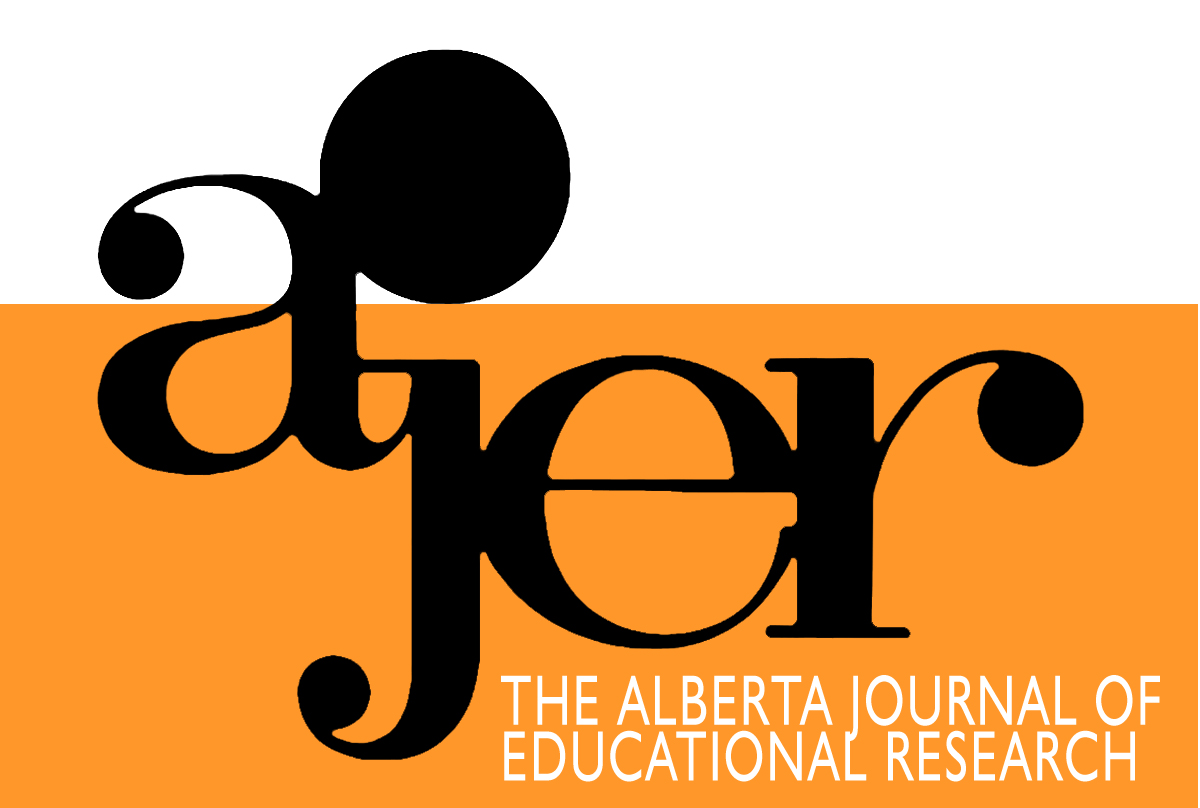Social Selectivity in Higher Education: A Case Study of Canada and the Czech Republic
DOI:
https://doi.org/10.55016/ojs/ajer.v68i1.70372Abstract
This work examines the choices of individuals with respect to higher education in the Czech Republic and Canada. Specifically, how do the students’ socioeconomic backgrounds influence their study decisions. Data from the Czech edition of The European Union Statistics on Income and Living Conditions survey and the Canadian Survey of Labour and Income Dynamics was used to identify influences of students’ entry to university. Individuals from households with higher socioeconomic status were more likely to enter university than people who were less well off in both countries. Social selectivity is much more present in higher education in the Czech Republic than in Canada.
Key words: Higher Education, Czech Republic, Canada, Social Selectivity, Logistic Regression, Ordered Statistics
Ce travail examine les choix des personnes en matière d'enseignement supérieur en République tchèque et au Canada, notamment comment les antécédents socio-économiques des étudiants influencent leurs décisions relatives aux études. Les données de l'édition tchèque de l'enquête Statistiques sur le revenu et les conditions de vie de l'Union européenne et de l'Enquête canadienne sur la dynamique du travail et du revenu ont été utilisées pour identifier les influences sur l'entrée des étudiants à l'université. Dans les deux pays, les personnes issues de ménages ayant un statut socio-économique élevé étaient plus susceptibles d'entrer à l'université que les personnes moins bien loties. La sélectivité sociale est beaucoup plus présente dans l'enseignement supérieur en République tchèque qu'au Canada.
Mots clés: enseignement supérieur, République tchèque, Canada, sélectivité sociale, régression logistique, statistiques ordonnées
Published
Issue
Section
License
UNIVERSITY OF ALBERTA COPYRIGHT LICENSE AND PUBLICATION AGREEMENT
If accepted, authors will be asked to sign a copyright agreement with the following points:
A. Where there is any inconsistency between this Copyright License and Publication Agreement and any other document or agreement in relation to the same subject matter, the terms of this Agreement shall govern.
B. This document sets out the rights you are granting in relation to publication of your article, book review, or research note entitled (the “Article”) through inclusion in the academic journal titled Alberta Journal of Educational Research (the “Journal”) published through the Faculty of Education, representing the Governors of the University of Alberta (the “Journal Editor”).
C. There will be no payment to you for this publication and grant of rights. In consideration of the agreement to publish the Article in the Journal:
1. You are warranting that:
- the content of the Article is your original work, and its content does not contain any material infringing the copyright of others; or, where the Article is not entirely your original work, you have obtained all necessary permissions in writing to grant the rights you are giving in this agreement;
- the content of the Article does not contain any material that is defamatory of, or violates the privacy rights of, or discloses the confidential information of, any other person;
- the Article has not been published elsewhere in whole or in part, and you will not allow publication of the Article elsewhere without the consent of the Journal Editor;
- the names of all co-authors and contributors to the Article are:
2. You agree to license the copyright in the Article to the Journal Editor, on a worldwide, perpetual, royalty free basis; and to the extent required by the terms of this agreement. You shall retain the right at all times to be acknowledged as the/an author of the Article.
3. You further agree that the Journal Editor has the entitlement to deal with the Article as the Journal Editor sees fit, and including in the following manner;
- The right to print, publish, market, communicate and distribute the Article and the Journal, in this and any subsequent editions, in all media (including electronic media), in all languages, and in all territories, ing the full term of copyright, and including any form of the Article separated from the Journal, such as in a database, abstract, offprint, translation or otherwise, and to authorize third parties to do so;
- The right to register copyright of the Journal;
- The right to edit the Article, to conform to editorial policy as the Journal Editor sees fit.
4. If any co-author or contributor to the Article does not sign this agreement, the Journal Editor reserves the right to refuse to publish the Article.



